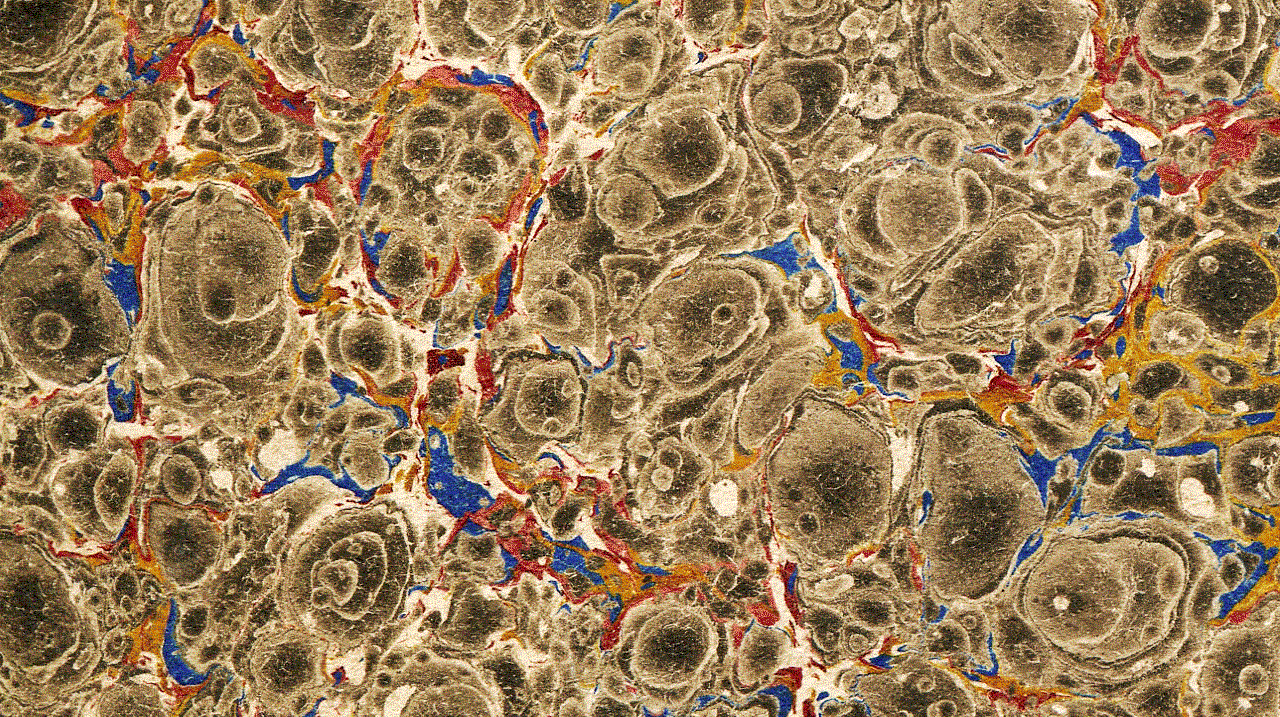Failure, A Writer’s Life is a catalogue of literary monstrosities. Its loosely organized vignettes
and convolutes provide the intrepid reader with a philosophy for the unreadable, a consolation
for the ignored, and a map for new literary worlds. Failure takes as its starting point a forgotten definition of “virtual literature” by Marguerite Duras and applies it, not to the dreamworlds of immersive VR, but rather to the vast troves of data that fail literature while paradoxically holding a key to its future. Using theories of the virtual from Bergson and Deleuze previously applied primarily to cinema and media texts, Failure discusses new literary experimentation in the light of film theory, philosophies of time, cosmic horror and mystical-materialism throughout the ages.
“The unfinished, unreadable, unpublishable — the scribbled and illegible, the too slowly
published, the countless unpublished, all that does not seem to count at all. . . . here lie all
manner of ruins. From Marguerite Duras to Google Maps, Henri Bergson to H.P. Lovecraft,
Orson Welles to Walter Benjamin to a host of literary ambulance drivers (not to mention the
FBI, UFOs, and UbuWeb), Failure, A Writer's Life charts empty spaces and occupied libraries,
searches databases bereft of filters, files spam and porn and weather reports into their respective konvoluts, and realizes the full potential of cultural inscription. In a series of snapshots concatenated in the best surrealist mode, Milutis has curated a catalogue of curiosities as essential to understanding our current cultural condition as they are eccentric. With Nietzschean witz and self-reflexive bravura, he teases out the occult links between heterogeneities in the tradition of Allen S. Weiss and Greil Marcus. In the process, Milutis redefines the ‘virtual’ as something much broader and more interesting than digital simulacra: as the unmanageable storehouse of memory and the inevitable expanse of forgetfulness. Here, in all its glamorous success, is the horizon of failure.” ~ Craig Dworkin
In Ether: The Nothing That Connects Everything, the histories of mysticism and the unseen
merge with discussions of the technology and science of electromagnetism. Ether explores how the ideas of Anton Mesmer and Isaac Newton have manifested themselves as the inspiration for occult theories and artistic practices from Edgar Allan Poe’s works to today. Fading in and out of scientific favor has not prevented the ether, a uniquely immaterial concept, from being a powerful force for material progress. Ether deftly weaves the origins of electrical science with alchemical lore, nineteenth-century industrialism with yogic science, and network space with dreams of the absolute. Discussed are phenomena such as radio noise, space travel, avant-garde film, and the rise of the Internet. From Federico Fellini to Gilles Deleuze, Japanese anime to Italian Futurism, Jean Cocteau to NASA, Shirley Temple to Wilhelm Reich, Ether traverses geographical boundaries, spiritual planes, and the divide between popular and high culture.
“Marvelously written, witty and inspiring. A significant and needed contribution to our
understanding of the nebulous intersection of technology, subjectivity, spirituality, avant-garde art, and premodern cosmologies.” ~ Erik Davis, author of Techgnosis
Work has also appeared in the following books:
Curiosity and Method: Ten Years of Cabinet Magazine
Invalid Format: An Anthology of Triple Canopy, vol. 2
Visiting Dr. Williams: Poems Inspired by the Life and Work of William Carlos Williams
Selected Essays About a Bibliography
Life in the Wires: The CTheory Reader
Selected Press:
Paris Review, “Erasing Duchamp: On Marcel Duchamp, Mad Libs, and conceptual writing online”
Afterimage, “Thoughts on the Book Failure, A Writer’s Life”
Husky Herald, “Professor’s Corner: Joe Milutis”
Art Review, Review of Failure, A Writer’s Life
The Scotsman, Review of Failure, A Writer’s Life
Transmission Arts: Artists and Airwaves (included artist)
Herald News, “Object of His Desire: Epic Poem Draws Professor to Paterson”
Screening the Past, Review of Ether
↓


